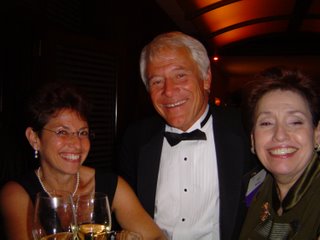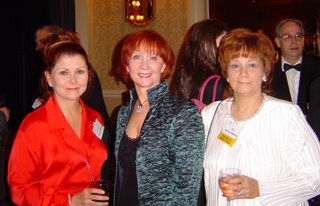Save the Indy 500
I'm talking about independent bookstore owners. Two more closings were announced this month: Cody's Books in Berkeley and Ruminator Books, the nationally-recognized indy in St. Paul. You have to ask the reason? Declining sales and competition from chain stores and the Internet.
This is not an isolated bad month for the indies. Battered by online discounts and chain superstores, the American Booksellers Association has crumbled from 5,200 bookstores in 1991 to 1,702 stores in 2005.
Why should you care?
If you are an author, you probably already know why. As much as we need the chains to make it, most authors' chances of getting big-bucks promotion and placement in the chains and big-box discount stores is pretty small. So the handselling culture of the indies is probably your best chance of making a dent these days. We need these people. Badly.
If you are a reader, you need the intelligence, experience and personal touch the indies can provide. Say you suddenly discovered Val McDermid and ran through her entire catalog in a month. Do you think anyone at your local chain is going to suggest you try Minette Walters? (please, no emails about the fabulous clerk at your local Borders; they are the rare exception, not the rule.)
You're neither reader nor writer, just a human being? Well, damn it, you still should care. Because we need things of charm, idiosyncracy, intelligence and human scale more than ever in our supersized, homogenized, a Gap-on-every-Corner lives.
Yesterday, I attended the second annual Booksellers Appreciation lunch put on by my local Mystery Writers of America chapter. Mitch Kaplan, owner of the splendid Books & Books in Miami, and prez of the American Booksellers Association, was one of our guests. Mitch got into the book biz from a sheer love of what a Carnegie report once pronounced dead: books as things-in-themselves. I'll%







